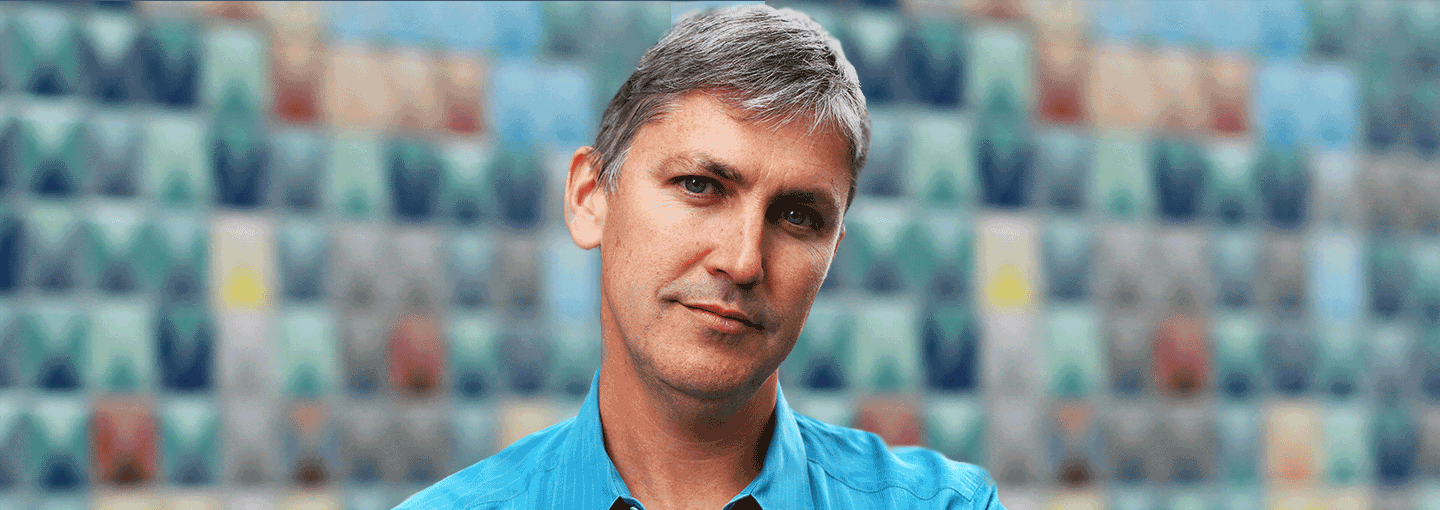Life is fraught with hard choices and decisions. How does one make them?
Most of us are familiar with pros versus cons lists, which can be applied to everything from personal diet to public welfare. But that method only involves taking an existing understanding of the decision at hand, so it is limited by one’s imagination. The key to making a better decision is to see it with fresh eyes, to make imaginative leaps, and to discover new paths and potential outcomes.
Over the past few decades, a field of research has emerged that will help us do just that. Spanning cognitive science, management theory and literary studies, its methods and procedures can help us make big decisions—and make them better. This science has been followed, explained and brought to life by best-selling author Steven Johnson in his 11th book, Farsighted: How We Make the Decisions That Matter the Most.
Please join us for a conversation with Steven Johnson, who will open up his toolbox and show us how to make better choices. By way of private anecdotes and political research, Johnson will take us through methods for generating alternatives and seeking options, resisting the pitfalls of groupthink, planning scenarios, storytelling and creating a “premortem”: a fascinating technique that asks you to project yourself months into the future and imagine that your decision has been carried out—with unforeseen and disastrous results. The final step in reaching a difficult decision, according to Johnson, involves creating a “value model”—a more nuanced and powerful version of the pros and cons list.
Johnson, a former Marin County resident, is the author of 11 books, including Wonderland, Where Good Ideas Come From and The Ghost Map. Johnson is also host of the PBS series “How We Got to Now” and the podcast “American Innovations.”
Johnson photo © Nutopia Ltd.

Steven Johnson
Author, Farsighted: How We Make the Decisions That Matter the Most

In Conversation with Jacob Ward
2018–2019 Berggruen Fellow, Center for Advanced Study in the Behavioral Sciences at Stanford University; Editor-in-Chief, Popular Science; Television Correspondent, Al Jazeera and PBS


